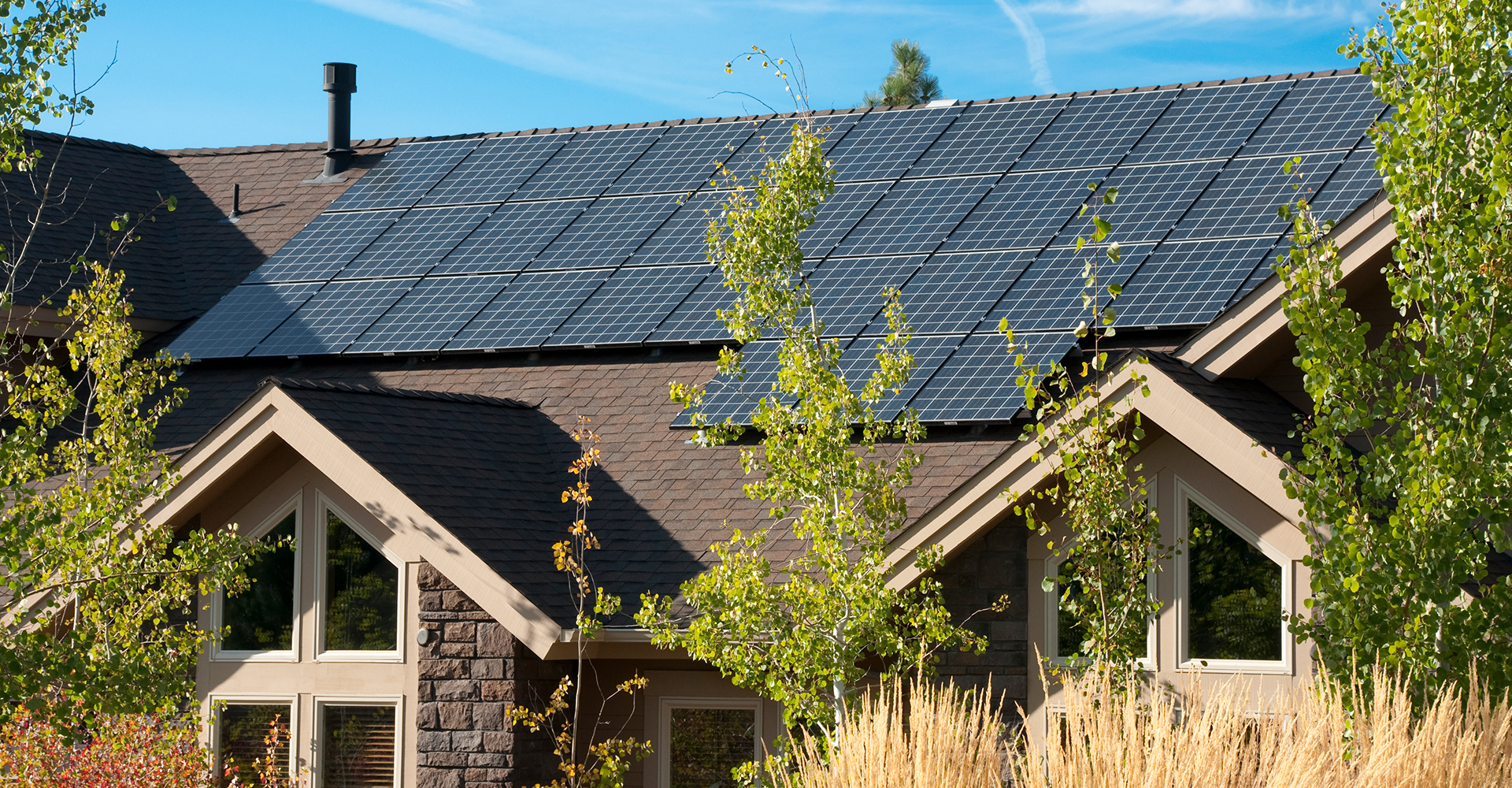Why Do I Have an Electric Bill After Installing Solar Panels?
When you first bought your solar system, you were under the impression that your utility bill was gone for good. Then, out of the blue, you find yourself getting a bill in the mail from your utility company saying that you owe them a small fee. What gives?
The reality is, solar energy may not be a 100% fix for your energy bill. While some are able to offset all of their energy use, others may still have to pay some money each month for their electricity bill. Ultimately, solar is designed to minimize your reliance on the grid and cut down your bills as much as possible.
Still have questions? Let’s learn more about receiving a utility bill after installing solar panels.
How should it work?
Solar energy works by providing you with clean energy that comes free from the sun. Depending on where you live and your energy usage, you may cut your electric bill drastically or remove it all together. If you are leasing your solar system or paying off a loan, your solar panel payment will usually fill the place of your utility bill. Once you pay off your loan or buy your system outright you will essentially be getting energy for free.
When it comes to payment, those who are using solar energy will still get a monthly utility bill. This will show how much energy you produced versus how much energy you used for the month. If you produced more energy than you used, your bill will show a credit for your electricity. This can be applied toward later months when you use more energy than you produce. Credits last for up to 12 months, meaning a credit from January could be applied in January of the following year.
Why might I have an electricity bill?
Despite having solar energy, there is a chance that your output and input aren’t matching up. This could be due to:
- Large energy output. If you are someone who uses a large amount of energy, you might not totally offset the energy that you are generating. Having a large home or using multiple appliances frequently can all cause you to use more energy, creating a higher bill.
- Seasonal changes. In cases of extreme heat, solar panels may not produce energy as well as they would normally. Solar panels are rated for an ideal temperature, and when temperatures skyrocket their energy production can diminish, meaning you may not be producing as much as you think. Keep in mind that, along with your solar panels producing less efficiently in extreme temperatures, you will likely use more energy to cool down or warm up your home. The resulting energy use may cause you to receive an electric bill.
- Meter/connection fee. Regardless of how you receive energy, your utility company will read and monitor your meter to determine how much energy you use. For this reason, they will charge you a meter monitoring fee and an initial connection fee. Your solar credits cannot be applied to this fee.
